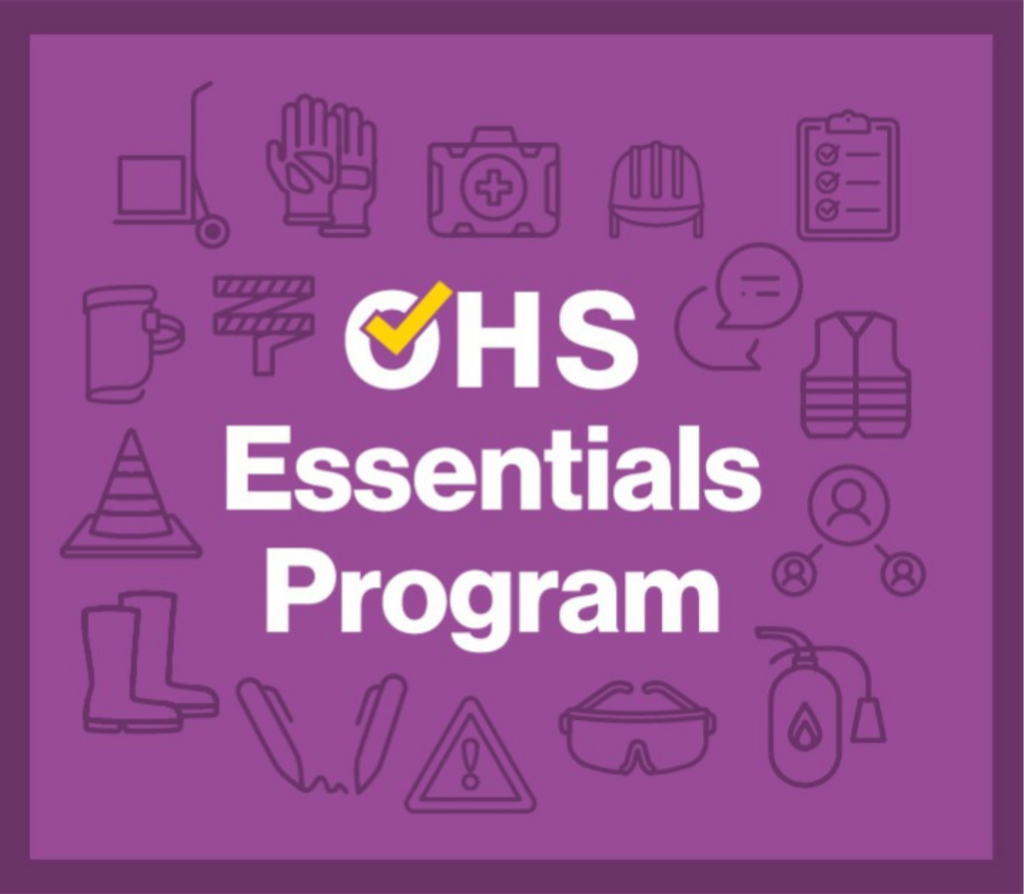This recently released report, entitled “Uncovering Adult Literacy and Numeracy Needs in Australia”
Using surveys and focus groups the research aimed to build a national picture of the current community need for adult LLN & D programs and support as well as identify the barriers faced by adults in accessing courses and support, and by providers in delivering programs.
Finally, it sought to identify the roles various sectors play in providing good practice training and support for adults with LLN & D skills gaps.
Unmet demand issues
The report found that “areas of highest unmet need for all respondents from provider, community sector and library sectors were:
- individual and tailored literacy assistance
- wrap-around support to address barriers
- help with filling in forms and responding to other important documents
- pathways to accredited courses
- non-accredited courses delivered in community settings.”
First Nations providers and community sector respondents also identified significant gaps in relation to culturally appropriate courses and learning resources and the lack of beginner courses.
The report outlines a range of impacts these unmet needs have on individuals and the delivery of services.
Barriers to adult learners accessing and organisations delivering LLN & D programs
The main barriers identified for adult learners with LLN & D needs in accessing courses and support programs including the tyranny of distance, i.e. the lack of transport, distance and cost and local courses in rural and remote areas, and also not knowing where to ask for help and, finally, shame and embarrassment also play their part.
VET organisations face problems in delivering relevant courses and support programs too. These include inadequate funding and a lack of both qualified teachers and flexible models of delivery that can meet learners’ individual needs.
Recommendations and addressing the needs
The report makes a series of recommendations under three main headings:
- Rebuild the LLN & D workforce, which involves increase the number of qualified teachers through targeted incentives, providing professional development programs for teachers, and training and supporting tutors, “including First Nations educators, to meet the demand for adult literacy instruction and support in community settings.”
- Increasing funding and the flexibility of delivery, including by increasing funding to address unmet needs covering both formal and informal non accredited programs and ensure greater equity in “service delivery in remote locations and prioritise providing culturally appropriate programs to Aboriginal and Torres Strait Islander communities.” It’s also suggested that the programs need to be expanded beyond a focus on employment outcomes. Better partnerships also need to be fostered between providers, community sector organisations and libraries, and
- Enhancing delivery and access by, amongst other things, increasing flexibility in delivery patterns and timing of courses, improving infrastructure and technology support for learners and increasing access for providers and learners to appropriate LLN & D resources.








